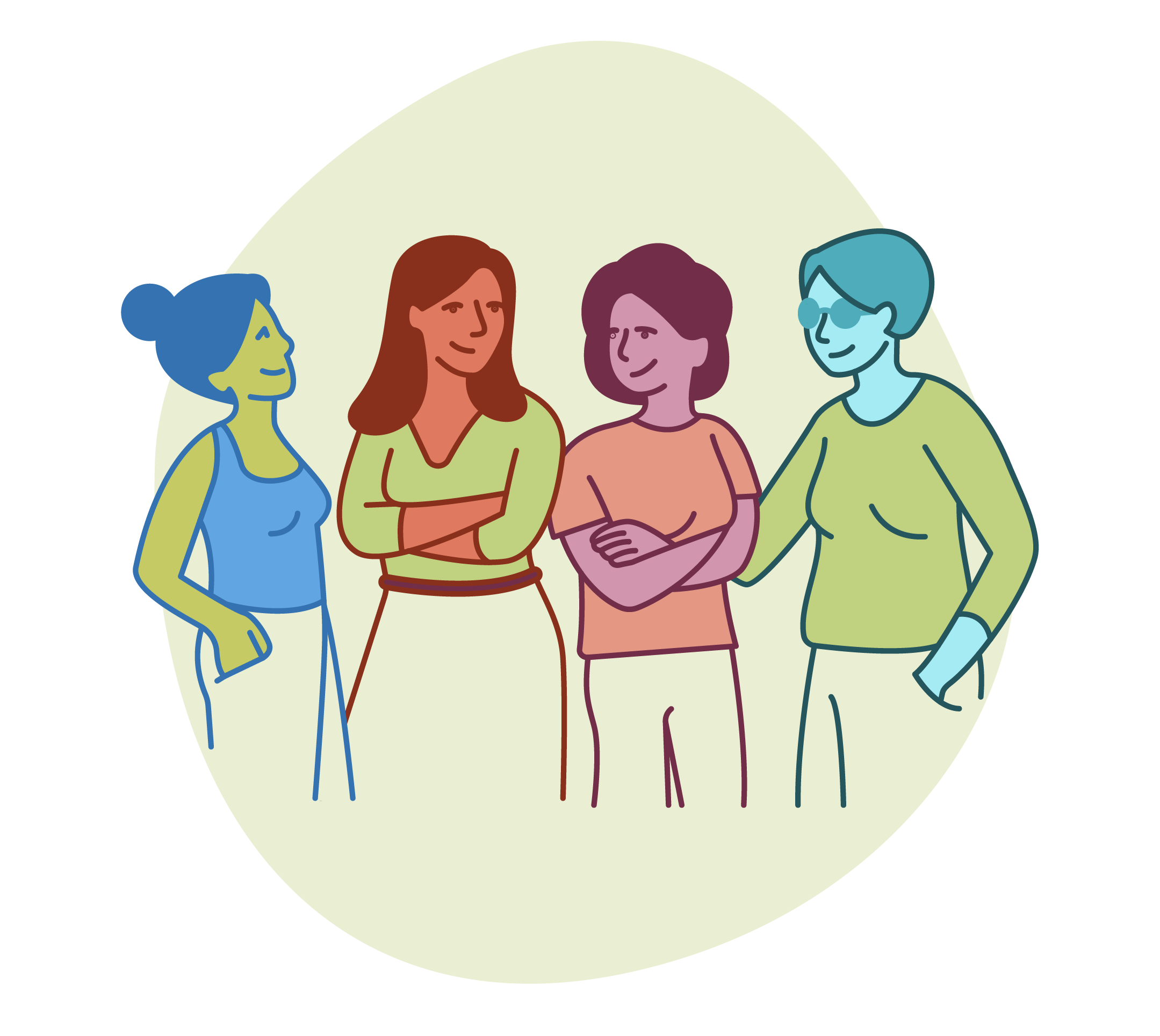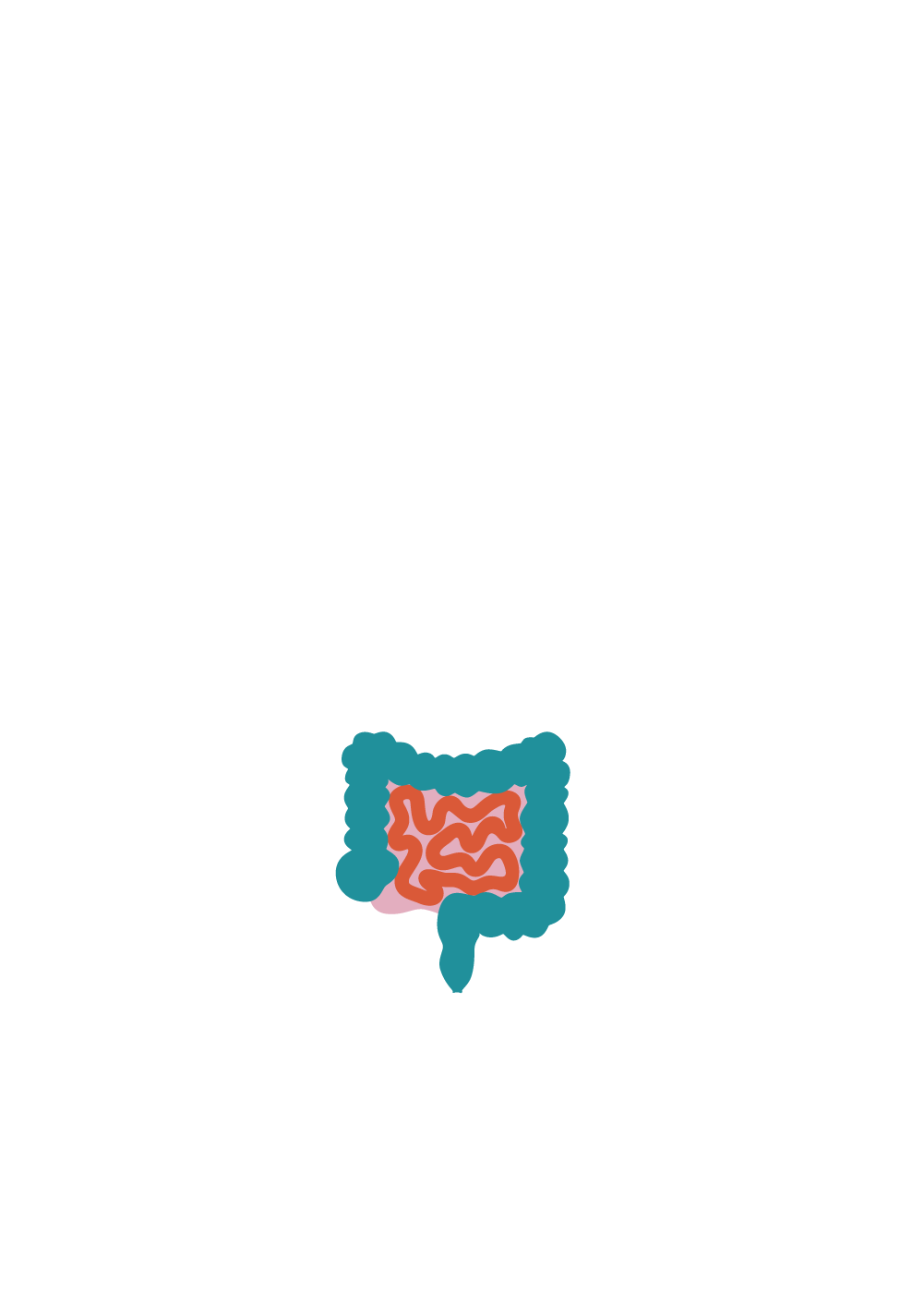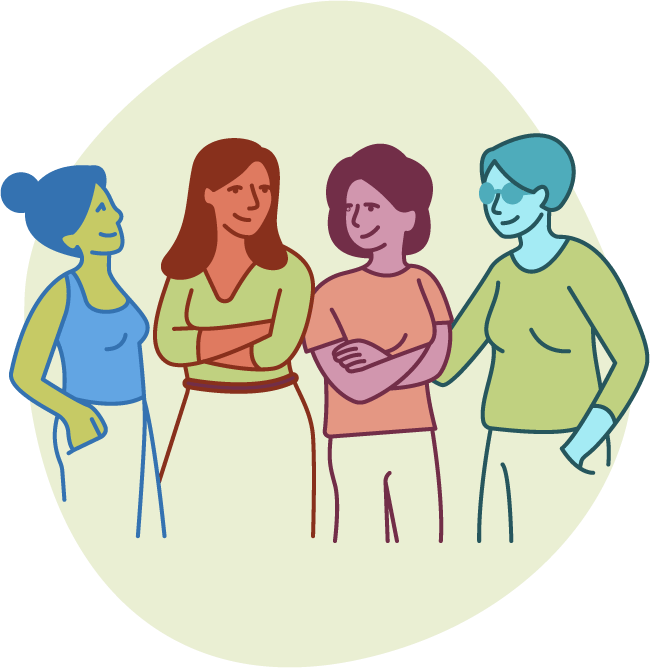
Join 1,000s of women in our pause. community
Get valuable information and support from our community and team of menopause specialists. Subscribe for the latest evidence-based information, free events, helpful articles and inspiring women’s stories.
Downloaded from www.mymenopausecentre.com
Direct URL: https://www.mymenopausecentre.com/symptom-checker/
Our symptom checker gives you an overview of 40 symptoms of the menopause. Some are well known, while others may come as a surprise. More detail on each symptom is available on the individual symptoms pages, which have been written by our Co-Founder Dr Clare Spencer, a GP and registered menopause specialist.
Our symptom checker gives you an overview of 40 symptoms of the menopause. Some are well known while others may come as a surprise. More detail on each symptom is available on individual symptoms pages, which have been written by our Co-Founder Dr Clare Spencer, a GP and registered menopause specialist.
Assess your symptoms and find out where you are in the menopause transition.
Get started


















You may experience numbness, pins and needles, prickling, itching, or even the sensation of insects crawling over you (which is called formication).
A common symptom that leaves you feeling stressed, fearful or tense. It can cause physical symptoms, like palpitations, and can make symptoms like hot flushes worse.
Bladder infections, or urinary tract infections (UTIs), are common and cause pain and burning while passing urine. This is the effect of low oestrogen levels.
Bladder issues include leaking, getting up at night, and passing urine more often. Always seek help, and don't be embarrassed – it's a common symptom.
It's not uncommon for body odour to change during the menopause. Hot flushes cause the body to sweat more and a permanent change in odour can be caused by changes in hormone levels.
Common bowel symptoms include bloating, wind, constipation, and indigestion. People who already have irritable bowels may find their symptoms get worse.
Brain fog is a common symptom that troubles many women during the menopause. Here’s how to recognise the signs, what causes them, and some of the simple things you can do to manage the symptoms.
A short guide to what causes breast tenderness during the menopause, what the symptoms are and what you can do to reduce them.
Shortness of breath can be a menopause symptom but it's important to talk to a doctor to make sure there's no underlying lung disease.
Burning mouth syndrome includes feelings of burning, hotness, tingling and pain with other strange sensations with no obvious signs of damage or injury.
Taste and smell can change with the menopause. Falling oestrogen affects saliva, which can reduce or change our sensation of taste. Ageing can make these sensations less intense.
Gum disease and tooth decay can increase during the menopause. A dry mouth can mean germs linger, and this is a direct effect of loss of oestrogen.
Depression can mean feeling sad, low and generally losing interest, and can be experienced to varying degrees of intensity and duration. It's a common and under-recognised symptom of the menopause.
Difficulty concentrating is common, and can be caused by the direct effects of low oestrogen on brain function. It can be connected to low mood, anxiety, stress and fatigue.
Lots of things can be the cause of dizziness and lightheadedness – low oestrogen, changes to the nervous system or cardiovascular system, increased anxiety or swings in blood sugar. Always talk to a doctor about it.
Dry eyes are not uncommon and result from the oestrogen drop, leaving eyes feeling gritty, itchy and uncomfortable.
Loss of oestrogen results in a dry mouth as salivary glands make less saliva. This is important to know because saliva keeps our mouth and gums healthy.
Hormonal changes of the menopause can cause tiredness and fatigue. It can be harder to sleep at night, even without hot flushes and night sweats.
For most women fertility begins to decline in their 30s, with further decline in their 40s as the perimenopause begins. Their ovaries permanently stop releasing eggs in their early-to-mid 50s.
Lapses in memory are a common source of worry, frustration and stress, and are caused by low oestrogen levels in the brain. Poor sleep, stress and mood changes can also contribute.
Hair can thin out all over, or from the crown or sides. The condition can also cause hair to become brittle and make new hairs finer.
Headaches can be triggered by hormone fluctuations as well as lack of sleep, stress and mood changes. Those prone to migraines may suffer longer, more frequent attacks.
Heart disease isn't a menopause symptom, but the risk increases after the menopause. The menopause causes changes to blood vessels, cholesterol, and blood pressure – important risk factors for heart disease.
During the menopause it's common to notice heart palpitations or irregular heartbeats where it feels like a pounding or fluttering in the chest. This is normal, but it's always worth talking to your doctor about.
Night sweats can happen without daytime flushes. Waking up drenched in sweat, with soaking sheets and night clothes can negatively affect sleep, adding to stress and anxiety.
Loss of oestrogen can affect joints and the connective tissue that 'glues' the skeleton together. This results in general muscle aches, pains and stiffness.
Many women report a loss of energy and negative thinking. It's common to feel this way and other symptoms change the way your body behaves.
There are lots of triggers for loss of self-esteem. Some are physical (like hot flushes) and others are mental (like stress). It's a very common symptom so remember that you aren't alone.
Loss of sex drive is extremely common, but not widely talked about. It is often linked to vaginal symptoms like dryness and irritation, mood changes and lower testosterone levels.
Hormone swings, along with the physical and mental symptoms of the menopause can all trigger mood swings. Women still having periods may notice premenstrual syndrome gets worse.
Loss of oestrogen can affect joints and the connective tissue that 'glues' your skeleton together. This can result in general muscle aches, pains and stiffness.
Like your skin, nails need moisture to keep them healthy. Lower oestrogen levels brought on by the menopause can lead to dehydration and this can leave your nails brittle and weak.
Osteoprosis is a condition where bones lose density, a change directly linked to a loss of oestrogen. There are no symptoms unless bones break.
Periods can become irregular – heavier, lighter, more or less frequent – in the perimenopause and in the menopause they stop completely.
Loss of oestrogen can change our skin during menopause. These changes could be dry skin, wrinkles, acne, and extra facial hair. Skin can also become more delicate and prone to bruising.
Sleep issues are common and are often a result of ageing. Poor sleep may be linked to hormone changes, but physical symptoms, like hot flushes, mood changes, and stress can contribute too.
You may hear sounds that aren't coming from an external source, such as a ringing in the ears, buzzing, roaring, hissing, or clicking. These can be soft or loud, they may come and go or be constant.
Vaginal dryness, itching, and irritation are common menopause symptoms that impact over a third of menopausal women. Here’s what you can do about your symptoms.
Weight gain is common, with complex causes. It can be linked directly to the menopause or can be caused by the effects of other symptoms, such as fatigue, leading to less activity.
Share your story, hear from others, find support and inspiration.
Sign up to pause.
Find out in four minutes with our free assessment.
Get your FREE assessment